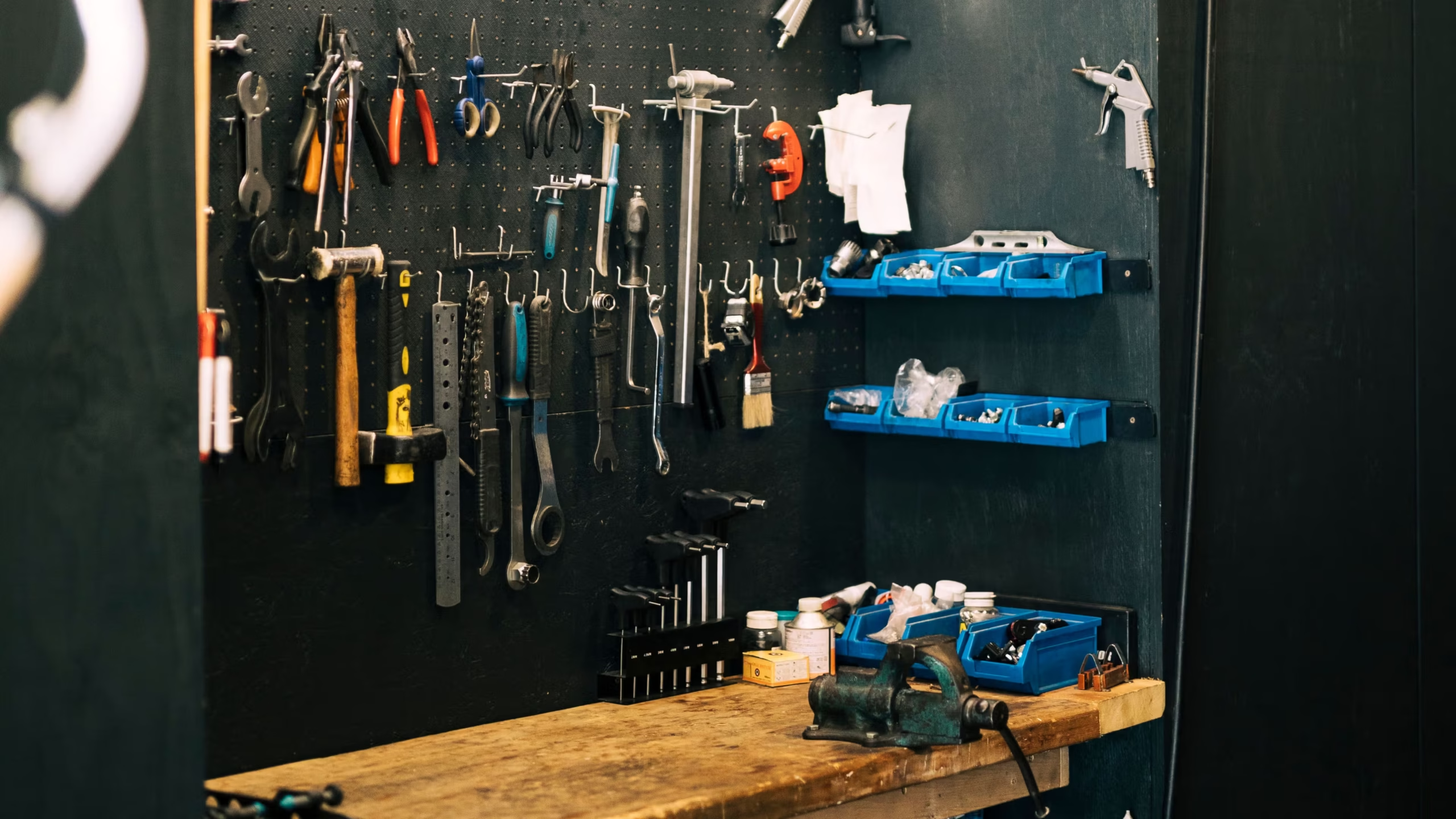For many hobbyists, small business owners, and DIY enthusiasts, space at home can be limited. Tools pile up, projects get messy, and the garage often doubles as a storage space for more than just vehicles. This is where the idea of turning a storage unit into a mini workshop comes into play. It can seem like the perfect solution—affordable, secure, and separate from the daily clutter of home life. But before you roll up the door and start setting up your saws or crafting station, it’s important to understand what’s allowed, what’s not, and how to use a storage unit responsibly.
The Appeal of a Workshop in Storage
A storage unit provides privacy, flexibility, and often climate-controlled options that make it attractive for light work. For artists, woodworkers, or collectors, a unit can act as a creative hideaway where inspiration meets productivity. Small business owners—like online sellers or craftsmen—also find storage units useful for inventory management and light assembly.
Facilities like McDowell Mountain Community Storage – A Scottsdale Storage Facility provide secure, accessible units that give people the peace of mind needed when storing expensive tools, materials, or finished products. However, there’s a big difference between storing and actively working inside your unit.
What’s Generally Allowed
- Storage of Tools and Supplies – Units are designed primarily for storage. Most facilities allow you to keep tools, raw materials, and equipment inside as long as they don’t violate safety policies.
- Light Assembly or Organizing – Some facilities may allow limited on-site tasks, such as packaging goods or assembling lightweight items that don’t involve hazardous tools or chemicals.
- Creative Work (With Permission) – In certain cases, facilities may approve quiet activities like painting (with non-toxic materials) or crafting. It’s always important to ask management beforehand.
What’s Not Allowed
- Heavy Machinery or Power Tools – Operating loud, industrial, or dangerous tools is almost always prohibited due to safety and liability issues. Sawing, welding, and drilling pose fire and injury risks.
- Living or Spending Nights in Units – Storage facilities are not designed for habitation. Staying overnight is strictly against policy.
- Hazardous Materials – Paints, fuels, and chemicals that are flammable or toxic are typically not allowed, as they pose safety threats to the facility and other tenants.
- Running a Full Business Operation – While you can store inventory, running a full workshop with employees or clients coming in and out is not permitted. Storage units are not zoned as commercial storefronts.
Safety and Legal Considerations
Even if you think your work is harmless, safety regulations and local laws may restrict certain uses of storage units. Fire codes, zoning rules, and insurance policies all factor into what can and cannot be done inside a unit. For instance, running electrical cords for heavy equipment may violate facility policies and create fire hazards.
The key is communication. Most facilities are open to discussing your needs, and they may suggest alternatives—such as units with electrical outlets, outdoor spaces, or specific hours when quiet work can be done.
Alternatives to Full Workshops
If your vision involves constant use of power tools or larger operations, consider renting a co-working workshop, makerspace, or commercial property instead. Many cities offer shared creative spaces where woodworking, metalworking, or even 3D printing can be done safely and legally. You can still use your storage unit as a staging area to keep supplies organized and ready.
Final Thoughts
It might be fun to turn a storage unit into a small workshop, especially if you need extra room for your hobby or small business. But the line between what is allowed to be done in a workshop and what is not allowed to be done in a storage area can be thin. Always read the building’s rules, put safety first, and if you’re not sure, ask management directly.
You can keep your tools, materials, and projects safe at places like McDowell Mountain Community Storage – A Scottsdale Storage Facility. But don’t forget that a storage unit’s main job is to store things. You can find the best way to keep your supplies safe and have the workshop experience you need with some creativity and planning ahead.
